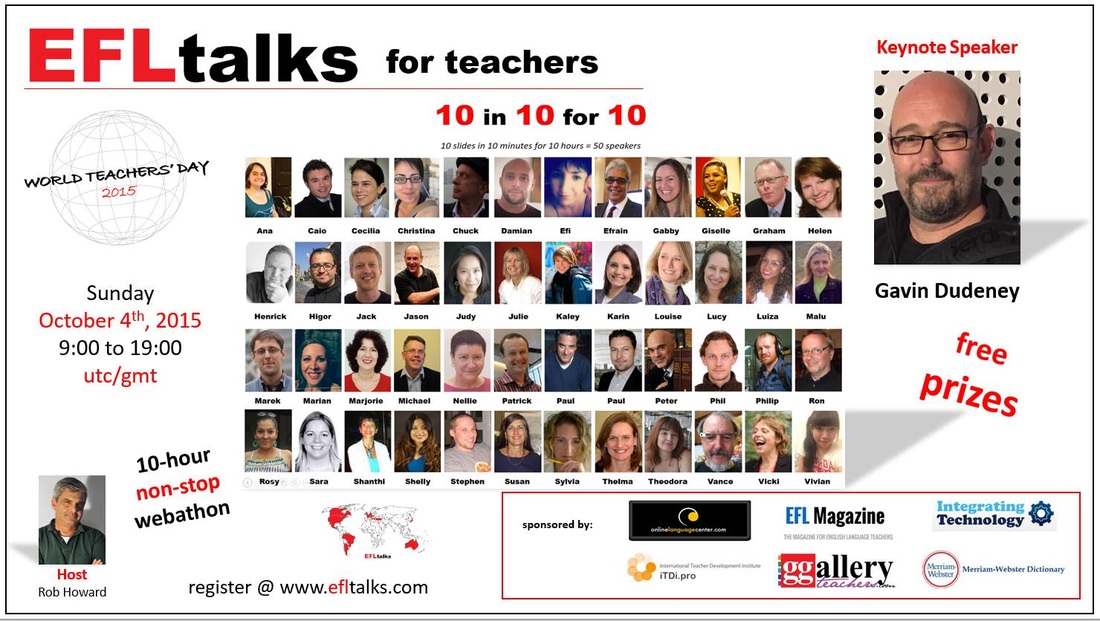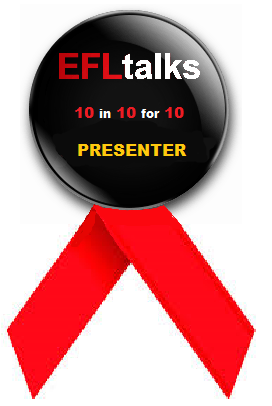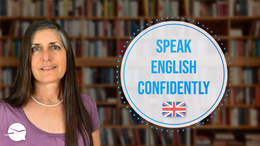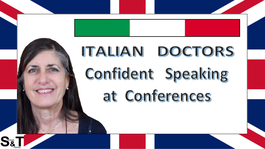|
Was your textbook in English written by a native speaker? Today I'd like to talk to you about the importance of a book being written by a native speaker if you have to learn English or other subjects in the English language. I was in the Netherlands for a few days and I was sitting on a bus when the girl next to me pulled out her English-language textbook. She was going to university and she was revising. On the first page of her open book it said 'Present Time' and all the exercises were referring to the Present Tense so I thought it was unusual. Then and as she flicked through the book she got to the page where it said the 'Past Time' and again I was quite surprised because in English we don't say 'Present Time' and 'Past Time' but we say present tense and past tense - I didn't see the cover of the book but I presume that it was written by a Dutch person because in other languages they do speak about 'time' but in British English we say “tense” so this brings me to the subject which I've been thinking about for a long time. I've been teaching for about 40 years now and very often students will come to me with their book. It may not necessarily be an English language learning book, it could be an English literature textbook, a history book, a philosophy book, a university text on architecture but in any case a textbook that has been written by a non-native speaker. Now I know that non-native speakers have a lot of advantages because they can teach people remembering the difficulties they went through, so I'm not against non-native speakers but I do find that when I read a textbook which was written by a non-native there may not be actual mistakes but the words just don't flow – they don't sound natural and you often lose the information in the flowery language. In the past at least three English literature books which I read, written by Italian non-native speakers, were correct grammatically and very fluent; however they just didn't sound English because English native speakers, when they talk about history or literature, are very concise: they give the information, they don't go round in circles, while in other languages, the Latin-based languages for example, they tend to be very flowery, they don't go straight to the point. So when I was reading these books, trying to help my students, I realized that had they been written in another language it would have been fine but the English just don't do that, the English go straight to the point in textbooks (they are not like descriptive novels). The other day an architecture student had to summarize a 15 page article by a Portuguese author written in English. I tried reading it myself and it was almost impossible to separate the information from all the beautiful flowery descriptive language. This is probably perfectly acceptable in Portuguese but made the task daunting. I've also noticed that some English language learning textbooks have two authors of their own country plus one who is an English native speaker. The impression I have there is that the book was actually written by the non-native speakers and then probably given to the native speaker to check for mistakes. Now I don't know whether the native speaker reads every single line or whether he just browses through it but those are the books where I find there are no mistakes however that they just don't sound as if they were written by a native speaker therefore that name doesn't really count as an author. In my opinion, if you have a choice, buy books written by native speakers. Then if your school sets books which were not written by native speakers, why not ask them and find out if it's possible to have a different kind of textbook. The book I was looking at two days ago on the bus, the one which said present time and past time didn't actually have any other mistakes, it was explaining the grammar very well but the actual title was wrong so I do believe in using language learning textbooks being written by native speakers even if non-native speakers are equally good, if not better than native speakers, at explaining the language because they've been through the learning process while native speakers haven't, so non-natives can maybe relate better to students. Therefore, non-native speakers are a very valid choice if they're explaining things to you but maybe not such a good choice when writing textbooks. I hope you find this advice useful. Susan Check out my YouTube video:
0 Comments
|
Categories
All
Would you like regular English learning & teaching ideas? Subscribe to my blog so you don't miss a post!
AuthorMy name is Susan Brodar, born in London into a multilingual family and brought up bilingual English / Italian. Archives
December 2018
|

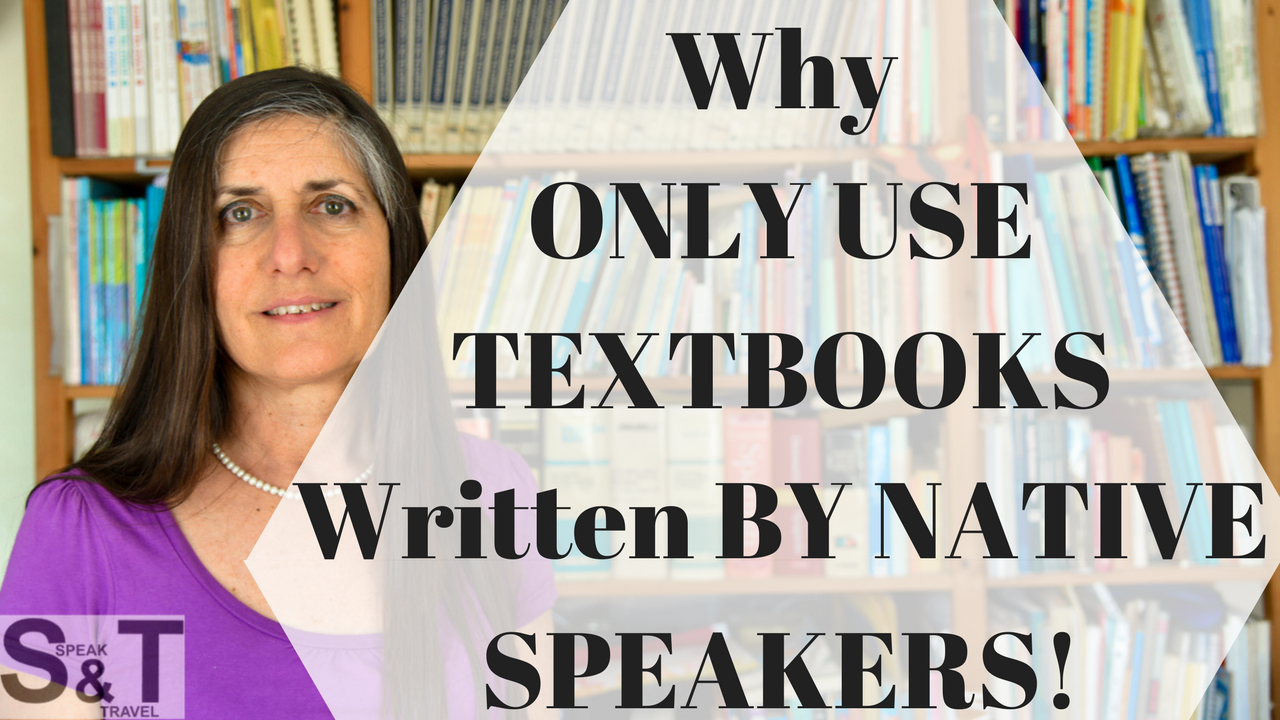

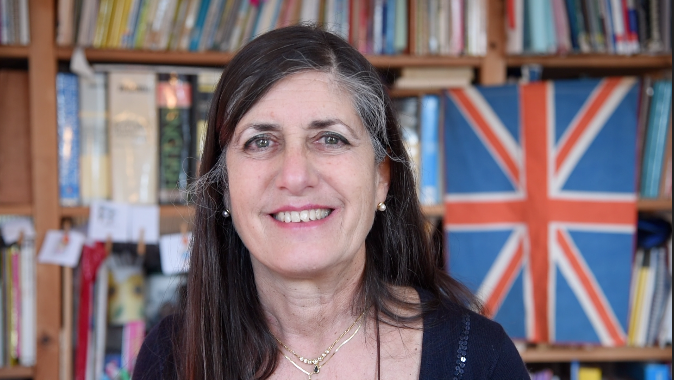

 RSS Feed
RSS Feed
